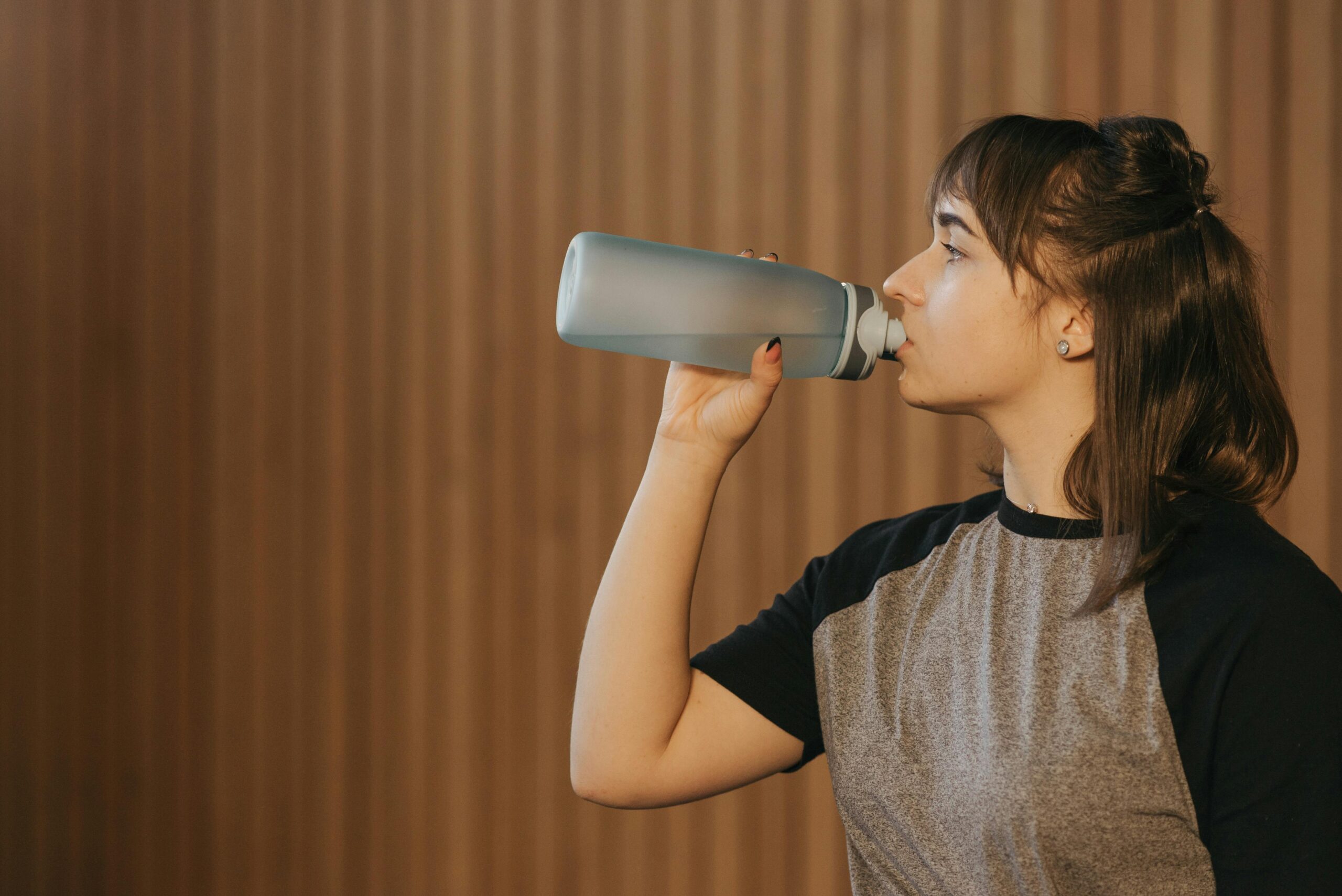When managing orthopaedic injuries or undergoing treatments like platelet-rich plasma (PRP) therapy, many patients focus on procedures and physical therapy. However, what you eat and how well you hydrate are just as crucial. Nutrition and hydration are foundational elements of healing—especially for tendons, ligaments, joints and cartilage.
This guide explores how hydration and nutrition impact orthopaedic health and recovery, and how they can support outcomes for patients undergoing PRP treatment.
Why Tissue and Cartilage Health Matters
Tendons, ligaments, and cartilage are all forms of connective tissue. They don’t have the same robust blood supply as muscles, making their healing slower and more sensitive to external support. Cartilage, for example, relies heavily on diffusion from surrounding fluids to receive nutrients and eliminate waste. This makes hydration and nutrient intake particularly important.
Whether you’re managing PRP for osteoarthritis, PRP for tendons, or healing after a soft tissue injury, supporting these structures from the inside out may contribute to a healthier recovery process.
Hydration and Orthopaedic Recovery
Water makes up a significant portion of joint and cartilage tissue. The synovial fluid that lubricates joints—essential for smooth movement—is mostly water. Inadequate hydration may lead to reduced joint cushioning, increased friction, and a higher likelihood of discomfort or stiffness.
In the context of PRP for joints, maintaining good hydration before and after your injection may help the injected plasma integrate effectively into local tissues. While hydration won’t directly alter platelet activity, it can support the surrounding environment to promote tissue health.
Tips for hydration:
- Aim for steady fluid intake throughout the day, especially in hot or active conditions
- Include hydrating foods such as fruits and vegetables (e.g. cucumber, watermelon, oranges)
- Monitor urine colour—it should be light yellow, not dark
Nutrition for Connective Tissue Support
Tissue healing requires building blocks. Adequate protein, vitamins, minerals, and healthy fats all contribute to tissue repair and collagen synthesis. This is especially relevant for patients undergoing PRP for ligament tear, PRP for rotator cuff injury, or other soft tissue procedures.
Key nutrients to support tissue and cartilage health include:
- Vitamin C: Important for collagen formation; found in citrus, capsicum, kiwi, and strawberries
- Zinc: Supports wound healing and cell regeneration; found in seeds, nuts, and seafood
- Omega-3 fatty acids: Help modulate inflammation; present in oily fish, flaxseeds, and walnuts
- Protein: Essential for repair; include lean meats, eggs, legumes, and dairy or alternatives
- Gelatin and collagen: Emerging evidence suggests these may support connective tissue health, though results vary
For those recovering from PRP treatment, a well-balanced diet ensures your body has the resources it needs to respond to therapy.
PRP Therapy and Nutritional Readiness
Patients often ask what to expect from a PRP injection and how to prepare. One important yet often overlooked aspect is ensuring your body is in a balanced nutritional state.
For example, PRP for knee pain or PRP for shoulder pain relies on growth factors in the plasma to signal healing in the joint or surrounding tendons. If your overall nutrition is poor or you’re chronically dehydrated, your body may not mount the most efficient response to this biological stimulus.
Before your appointment, consider:
- Eating a nutrient-dense meal the night before and morning of your PRP session
- Avoiding excessive caffeine or alcohol, as they can contribute to dehydration
- Staying well-hydrated in the 24 hours leading up to your procedure
Afterwards, continue to support your body with anti-inflammatory foods, hydration, and adequate rest.To learn more about how to prepare for PRP therapy, or to discuss your options, you can book an appointment with our PRP clinic in Sydney.




